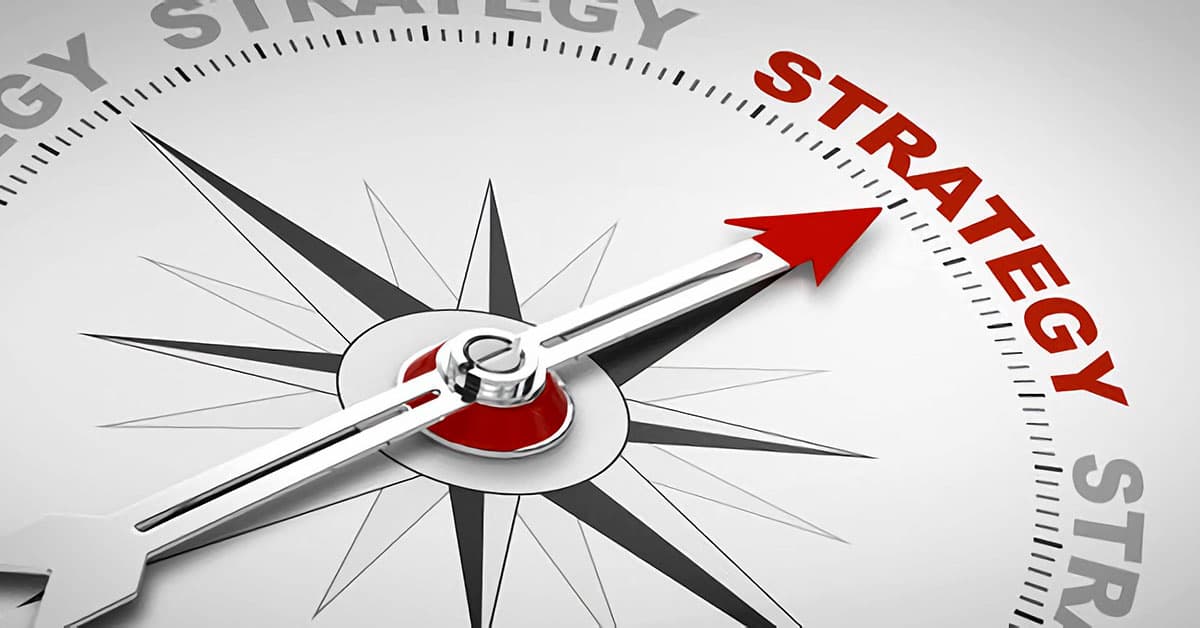One
Planning encourages the long-term view. To plan is to look ahead. This forces you to take a longer perspective than the immediate here and now.
Two
It allows you to make well-founded decisions, not based on hunches or instinct.
Three
It puts you in control. You drive events instead of being driven by them. In today’s jargon: it makes you “proactive” instead of “reactive”. Plain English translation: it makes you anticipate problems rather than react to them.
Four
It creates an openness to change. After all, strategic planning is about planning for change.
Five
It focuses effort. It makes you work on the right things. It helps you to “work smarter, not harder”, as the saying goes.
Six
It facilitates accountability. By setting clear and measurable objectives, you will have a basis for measuring performance. It quantifies performance.
Seven
It generates a renewed commitment and reinforces group solidarity. Planning together gives a group unity and coherence by putting them in conversation about the future.
Eight
The development in common of the strategic plan greatly helps to clarify the organization’s aims, and ensures that key leaders are all on the same wavelength. Just as important as the strategic plan document is the planning process itself.


